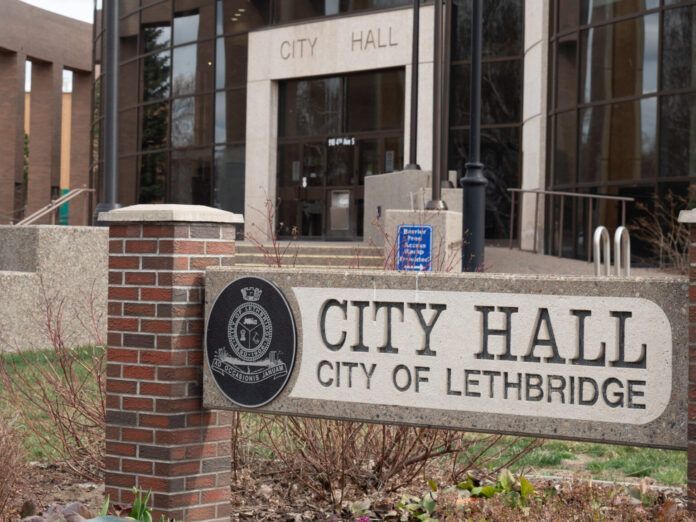Lethbridge city council has delayed carrying amendments to social uses in the land use bylaw until 2026.
As part of an ongoing project to rewrite the land use bylaw, proposed amendments which included creating a specific “supervised consumption site” use definition, which would not be allowable in any standard district, and changing zoning requirement for social uses such as shelters, soup kitchen and supportive housing.
Coun. Rajko Dodic brought the motion forward, which passed 6-2.
According to a summary of proposed changes provided to council, the amendments would have created additional opportunities for shelters to meet community needs while keeping future shelters away from parks and schools.
It also would have combined some social use definitions, such as food banks and soup kitchens into one definition of “community food services.” Resource centres and drop-in centres that don’t allow overnight stays would have been combined into a “community services” definition.
The proposed changes also included combining group homes and social housing into one definition of “supportive living” to reduce barriers to creating supportive housing.
“We have an acute shortage of supportive housing (short 390 units in 2019). The Municipal Housing Strategy recommended 30 units be built per year,” reads the notes on the proposed changes from city staff. “Almost all Supportive Housing applications (development and rezonings) were refused in 2019-2022. Making Supportive Housing a permitted use will allow more units to be approved and provide housing for those in need.”
The amendments were presented to council after extensive public engagement. Dodic questioned the public engagement process and called the changes “dramatic.”
BACKGROUND: Housing affordability, ease of use focus of Lethbridge land use bylaw renewal project
“This whole bylaw that is proposed — it’s a form of to me social engineering to the detriment of landowners who have the rights to rely on their current zoning. I understand the need for zoning with respect to social uses but we already have that in place with each and every one of the social uses that are contained in the bylaw, it’s just that most of them are discretionary uses which allows landowners, or disaffected landowners, whether it real or perceived to be able to oppose it,” Dodic said.
City staff pointed out while answering questions from council that part of the reasoning for land use changes is to streamline grant writing to be able to get funding for social projects, such as supportive housing.
“What we have seen through the programs that have been released from both the provincial government and the federal government is they are looking for as close to shovel-ready or risk mitigated projects as possible so they are looking for projects that have got their zoning approval and their development permits in place,” said general manager of community social development Andrew Malcolm.
Coun. John Middleton-Hope questioned whether staff could get the bylaw project finished sooner than 2026, so the current council could vote on it rather than a new council. Council was told to do that would require significant re-prioritization and retooling of the project.
“With the current plan, we are planning to engage extensively in phase two which would run through most of this year and then we would come back to council at the end of this year with the findings from that engagement on essentially everything else but social uses,” said senior community planner Ross Kilgour. He added his team would then get direction from council on the direction for the bylaw before spending about a year writing it. “From our experience in this phase I would say that is kind of a realistic time scale.”
Coun. Belinda Crowson voted against the deferral, saying though she usually support colleagues seeking more time to reflect on decisions, two and a half years is too long.
“We always say a person’s home is their castle and yet we have created this zoning which actually goes against it. It limits what people can do with their land and we all seem to be OK with it, which is fascinating to me because we say we are completely for freedom and what people can do on their property and yet we create zoning where everybody can tell you what to do with your property,” Crowson said.
Crowson added zoning barriers have limited the ability for groups to solve social issues and after 15 months of engagement with the community, she believed the bylaw should have moved forward.
Phase two of the project is set to launch April 15. The social use amendments will be incorporated into the full bylaw, to be considered in the second quarter of 2026.




